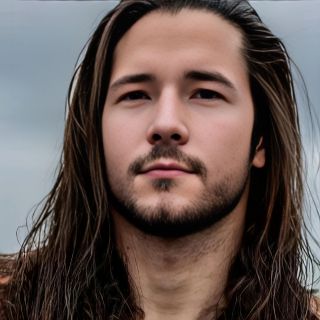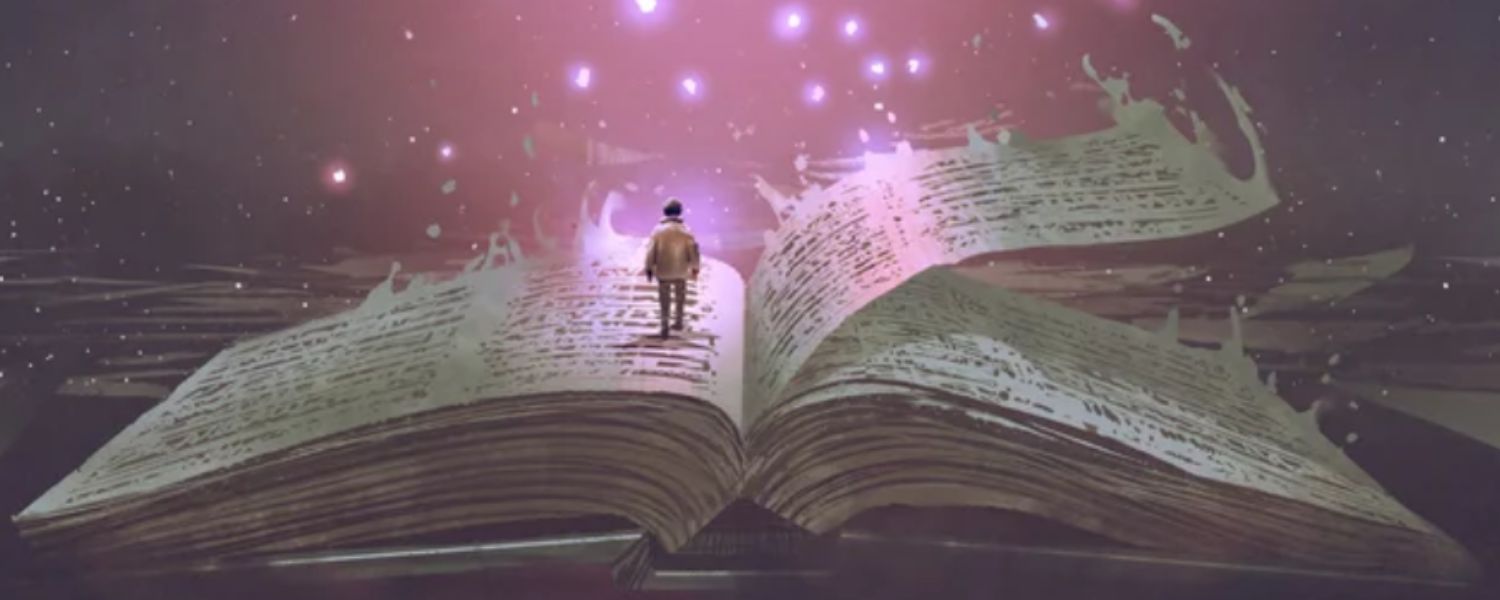
Dean Shawker
Dean Shawker hails from Bracknell, UK, and now lives in Melbourne, Australia.
Dean is co-founder and editor of Black Hare Press.
Having found that his BSc in Bioengineering and BA in Digital Media were as useful in real life as calculus and geometric proofs, Dean now works in commercial non-fiction during the day and moonlights as a minion of the hell hare, Captain Woundwort, in the dark hours.
He writes speculative fiction and dark poetry under the pseudonym Avery Hunter, and edits under the name D. Kershaw.
You’ll usually find him hanging out with the rest of the BHP family in the BHP Facebook group, or here as a servant to the Stygian Lepus.

